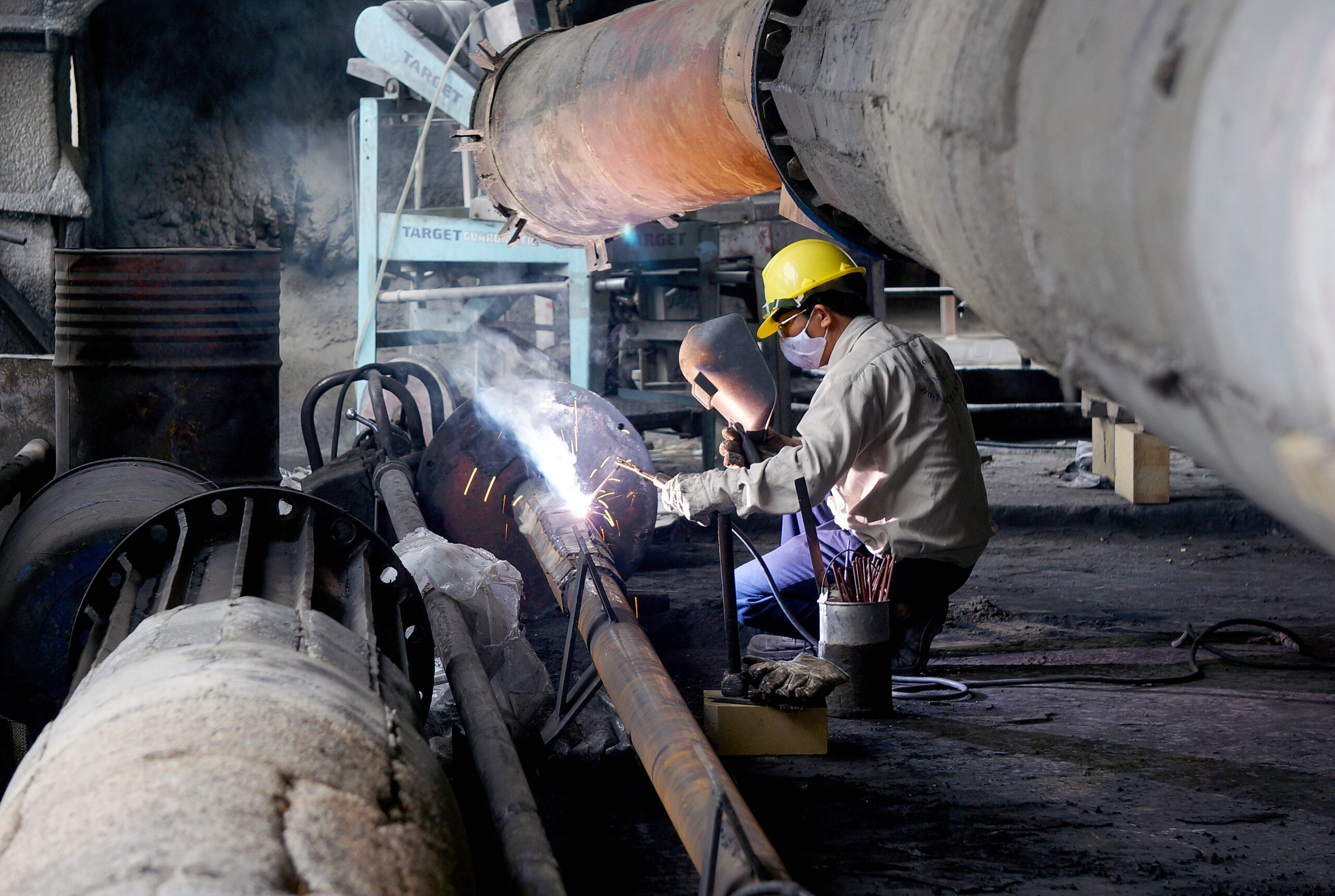
How is the Manufacturing Industry Driving Vietnam’s Growth?
Recent news has indicated that Vietnam’s manufacturing sector has improved at the beginning of the fourth quarter, though S&P reported a drop in the Purchasing Managers’ Index (PMI) from 52.5 in September to 50.6 in October 2022. However, Prime Minister Pham Minh Chinh remained confident as he announced to the National Assembly last month that Vietnam’s economy would outperform this year with an 8% increase in GDP.
A key driver of this fearless forecast is the resilience of Vietnam’s manufacturing industry. Despite the pandemic challenges of 2021, Vietnam’s GDP rose to 13.67% due to the manufacturing sector’s strong contribution to the economy. From being a regional hub, the country is poised to take centre stage in the global manufacturing scene.
The following indicators explain how Vietnam’s manufacturing industry is driving the country’s economic growth:
Geographical location and progressive infrastructure
The country’s geographical location gives it access to vital trade and freight routes in Asia. For investors that have adopted the “China + 1” strategy, Vietnam is a top, cost-effective choice to diversify their production and supply chains.
Vietnam’s focus on improving infrastructure has resulted in the development of many highway systems, rail links, seaports, airports, and industrial parks. This gives them better access to connect with various international trade partners.
Cost-efficient, highly skilled labour
Vietnam’s competitive labour costs in manufacturing are significantly lower, even compared to China’s. The average labour cost per hour in Vietnam is at US$2.99 (VND 68.000) versus China at US$6.50 (VND 148.000). The workforce in Vietnam is also well-educated and highly skilled, thanks to additional government support in terms of vocational training programs. Given the global shortage of skilled workers, Vietnam’s labour force can fill the gap in essential industries such as IT and manufacturing.
Proactive tax incentives
The government has been quite progressive in establishing tax incentives that help promote Vietnam’s favourable business environment for both local and foreign investors. At the height of the pandemic, Decree No. 57/2021/ND-CP was issued to support industries that supply raw materials and components to various manufacturing sectors in garment and textile, footwear, electronics, mechanical engineering, automotive, and hi-tech industries. The resulting tax savings from this decree served as financial assistance to businesses that suffered during the pandemic.
Vietnam also offers tax incentives and tax breaks for large-scale manufacturing projects and for investments in the tech industrial zones.
Successful trade partnerships
A major factor that boosted Vietnam’s manufacturing industry is the multitude of trade agreements that the government has established with the international business and trade community. As a member of the Association of Southeast Asian Nations (ASEAN), Vietnam also enjoys the benefits stemming from the FTAs signed by the regional coalition.
The EU-Vietnam Free Trade Agreement (EVFTA), the UK-Vietnam Free Trade Agreement (UKVFTA), and the Comprehensive and Progressive Agreement for Trans-Pacific Partnership (CPTPP) have allowed Vietnam to establish itself as a growing global manufacturing hub and to expand its export opportunities.
These trade agreements have also raised the quality standards of Vietnam’s manufacturing sector. This enables them to have a more competitive edge on an international level.
Rapid digital and tech transformation
The government has also been proactive in advancing Vietnam’s technological capabilities, thanks to the National Digital Transformation Programme. A “positive” offshoot of the pandemic was the rapid improvement of accessible digital platforms to boost e-commerce. This has made the manufacturing sector more agile and more productive with the shift to digitalization.
Vietnam’s strength as an IT powerhouse of talent and innovation has also given foreign investors many attractive opportunities to establish manufacturing plants in their industrial zones. Vietnam Plus reported that, as of July 2022, the country’s process manufacturing industry has drawn $252 billion USD in foreign direct investment (FDI). That’s approximately 60% of all foreign money invested in Vietnam.
Major global brands such as Samsung, Canon, LG, Toyota, and Honda have continuously expanded their investment in the nation’s manufacturing sector.
Need high-quality talent for your manufacturing business?
Our team of recruitment consultants can help you. The Talent Consultants provides permanent recruitment services in Vietnam for businesses in the Manufacturing, Supply Chain, IT, and FMCG industries, among others. We are located at the heart of Ho Chi Minh City where we can connect you to highly skilled talent in Vietnam and across the Southeast Asian region.
If you need an experienced recruitment company in Vietnam to provide talent acquisition and workforce management services, give us a call on +84 28 7309 7991 or book your free consultation here. We also invite job seekers to visit our job vacancies page or submit your CV here if you would like to explore employment opportunities with multinational companies.


